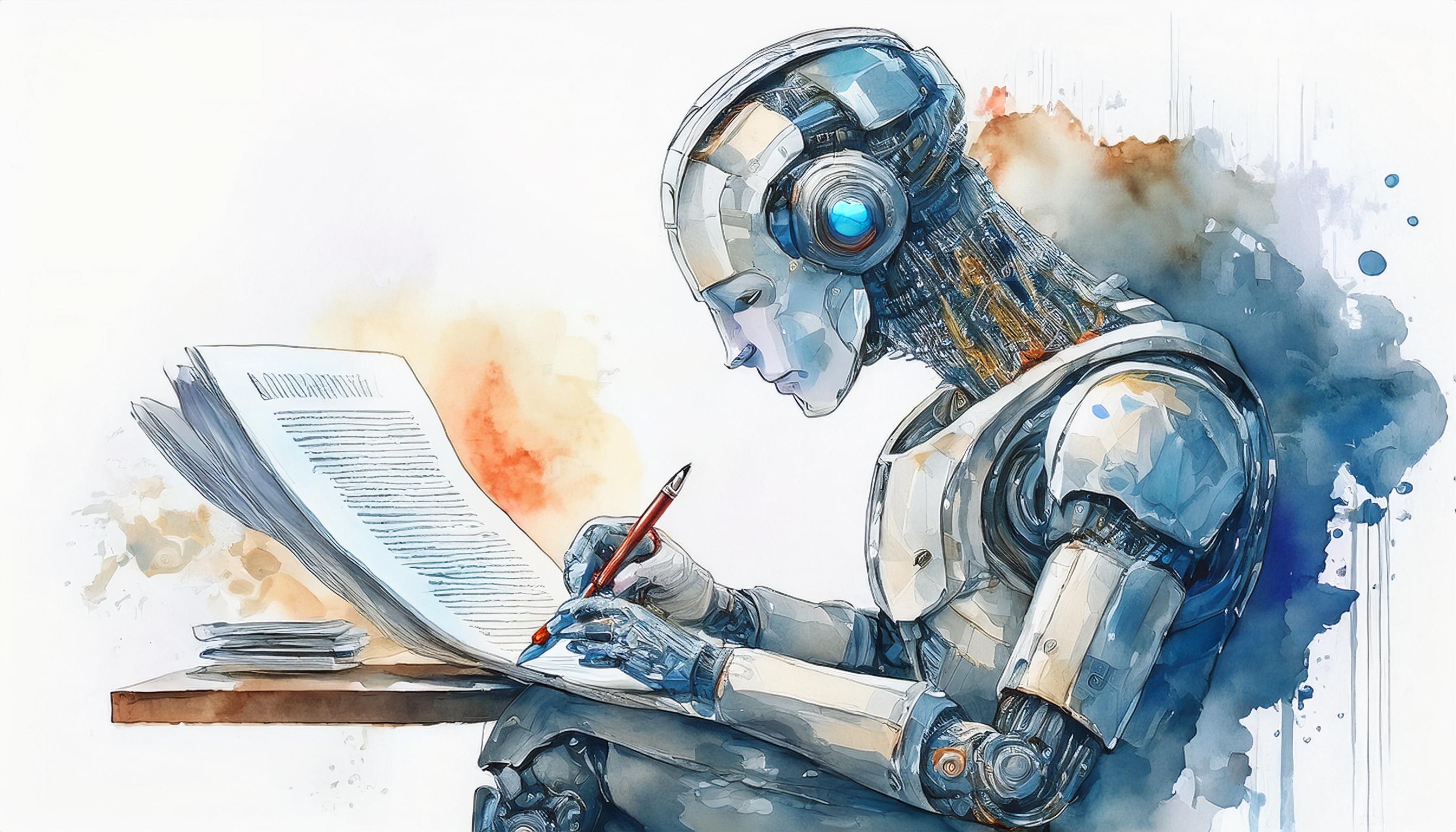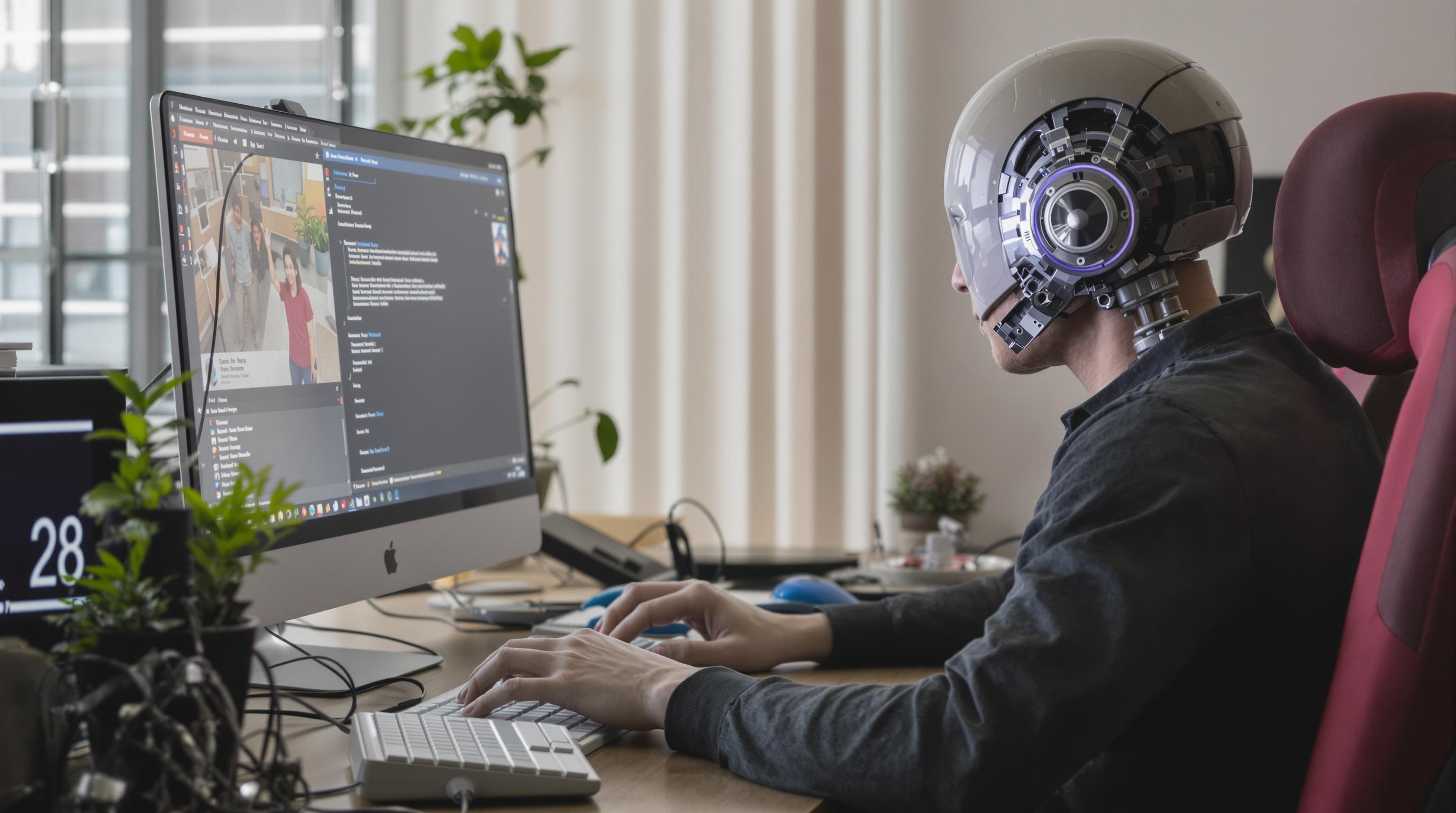Imagine a world where machines craft the words that once flowed from human minds—sounds efficient, right? But what if this reliance on AI is actually eroding the very creativity it promises to enhance? While AI promises efficiency and creativity, it also risks drowning us in a sea of mediocrity.
The TL;DR here is simple. Generative AI is definitely a very useful tool when used wisely, but what I always tell fellow marketers is that AI should be treated as an intern.
- Be precise with your requests. Provide more information and context rather than too little.
- Trust, but verify. Always check the work, especially the conclusions made based on the sourcing it supposedly found.
- Lastly, if you're saving too much time, you're probably doing it wrong. The time you saved on writing and research, will need to be spent on editing.
Generative AI can help you do better work, by acting as an assistant, providing variations to every line for you to choose from. This is the true advantage! You may have needed to write fewer words, but you are now the editor-in-chief, the final boss. It's a change in roles, which sounds easier than it actually is. If you've ever been an educator, you might know this; Checking someone else's work, finding mistakes or confusing argumentation, and suggesting improvements is very time-consuming.
The AI advantage: Speed and creativity
According to Rebecca Dugas, a seasoned copywriter, AI has been a "godsend" in her work, allowing her to maintain high quality while significantly reducing the time spent on tasks. AI tools facilitate brainstorming, market research, and even rewriting difficult paragraphs, acting as a co-creative partner. This reflects a broader trend where AI is becoming an integral part of the copywriting process, with many professionals incorporating personal “AI policies” to clarify their usage of the technology. However, the transition isn't without its challenges. Concerns about AI-generated content being penalised by search engines like Google persist, and the need for human oversight remains crucial to ensure quality and authenticity.
The human touch: Essential or expendable?
While AI can enhance productivity, it often lacks the nuanced understanding and emotional depth that human writers bring. The BBC notes that despite AI's growing role, there is a persistent need for skilled writers who can interpret and judge the effectiveness of AI-generated content. Furthermore, AI's limitations become apparent in complex tasks, where human creativity and insight are irreplaceable. Critics argue that relying too heavily on AI could lead to a proliferation of low-quality content, diminishing the value of creative professions. The challenge lies in balancing AI's efficiency with the irreplaceable human touch that resonates with audiences.
The takeaway
AI is not the enemy; it's a tool that, when used wisely, can amplify our creative capabilities. However, it's crucial to remember that AI should complement, not replace, human creativity. For marketing professionals, the key is to leverage AI for routine tasks while reserving the more nuanced, creative work for human expertise.




